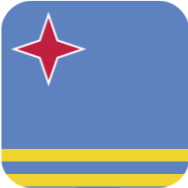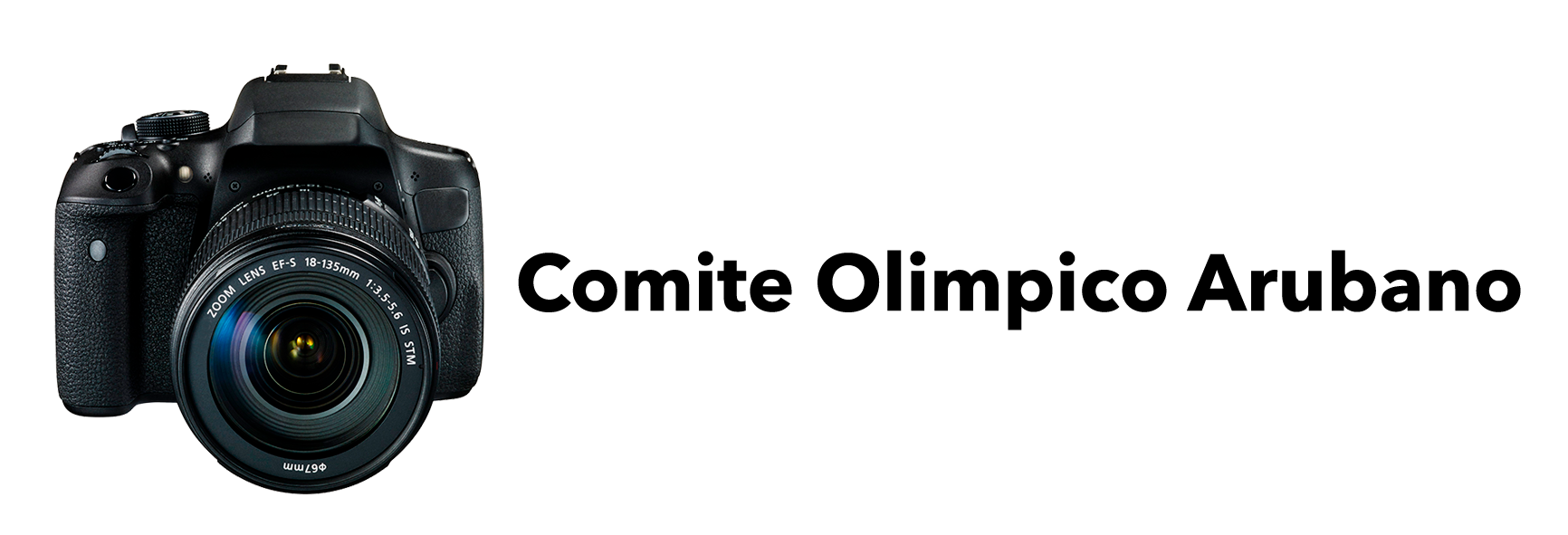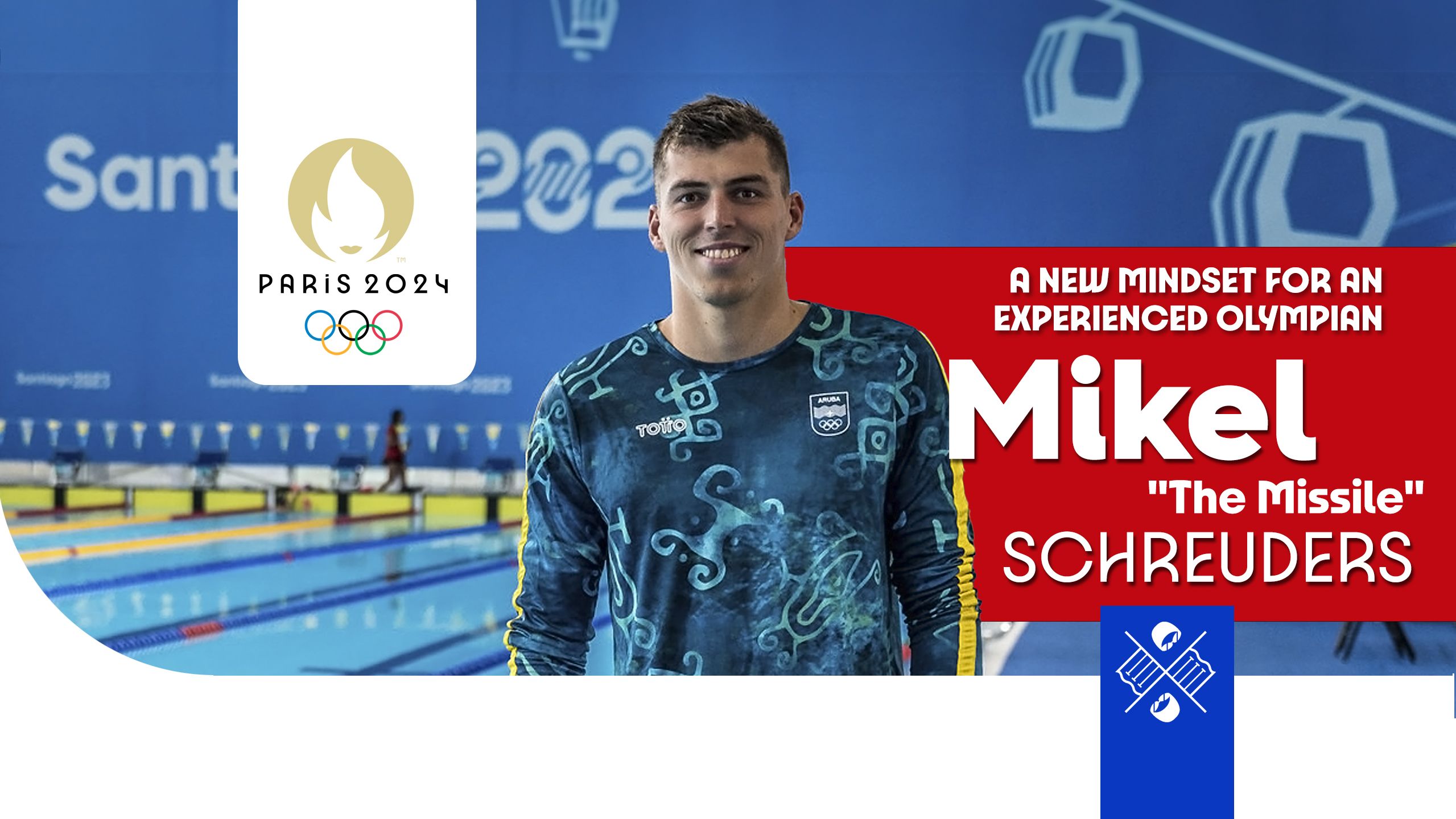

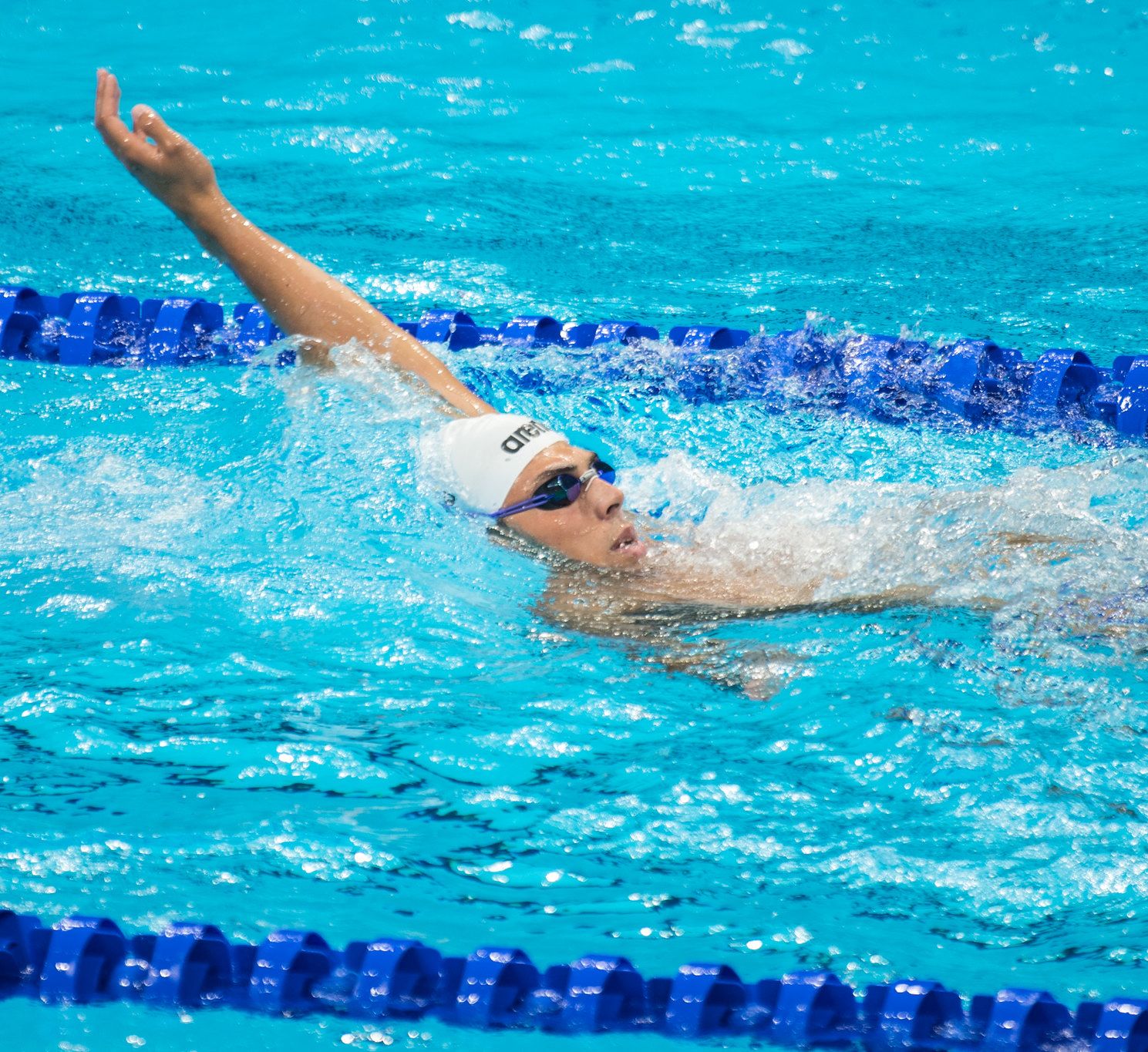

Known as "Mikel the Missile," his speed has earned him this nickname. "I believe this might be because I usually finish my races strong in the last 10 meters." Fulfilling the honor and dream of many athletes, Mikel Schreuders has already had the noble experience of participating in two Olympics." Now, with the Paris Olympics approaching, this will be his third time, but this time, as he himself says, he will have a completely different mindset and determination.
"The first two Games were for participation, but in this Olympics, I aim to compete for a semifinal and perhaps even a final." Since 2021, he has been training full-time in France for the Olympics. Now, he is more determined than ever to make a significant impact.
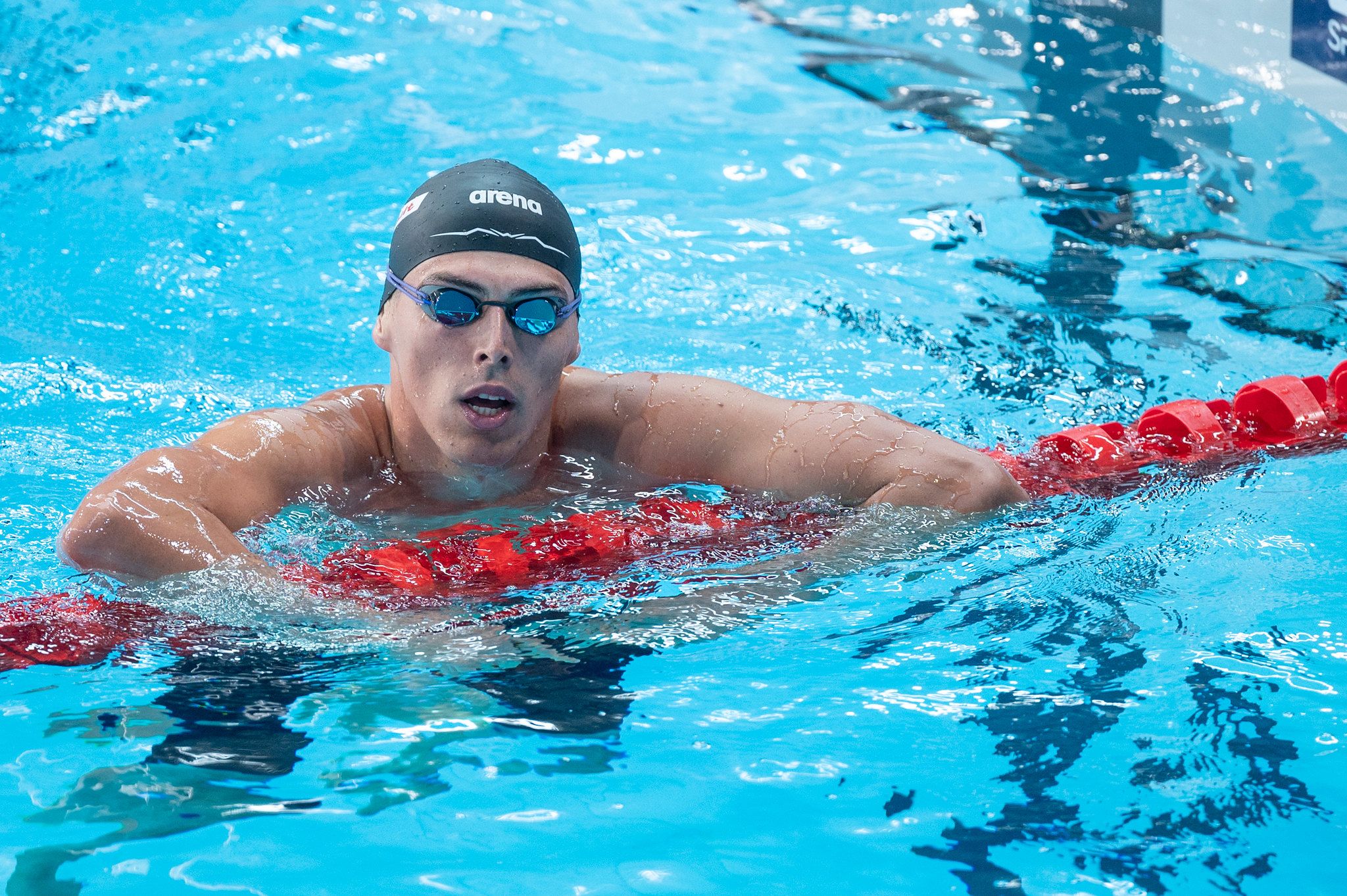
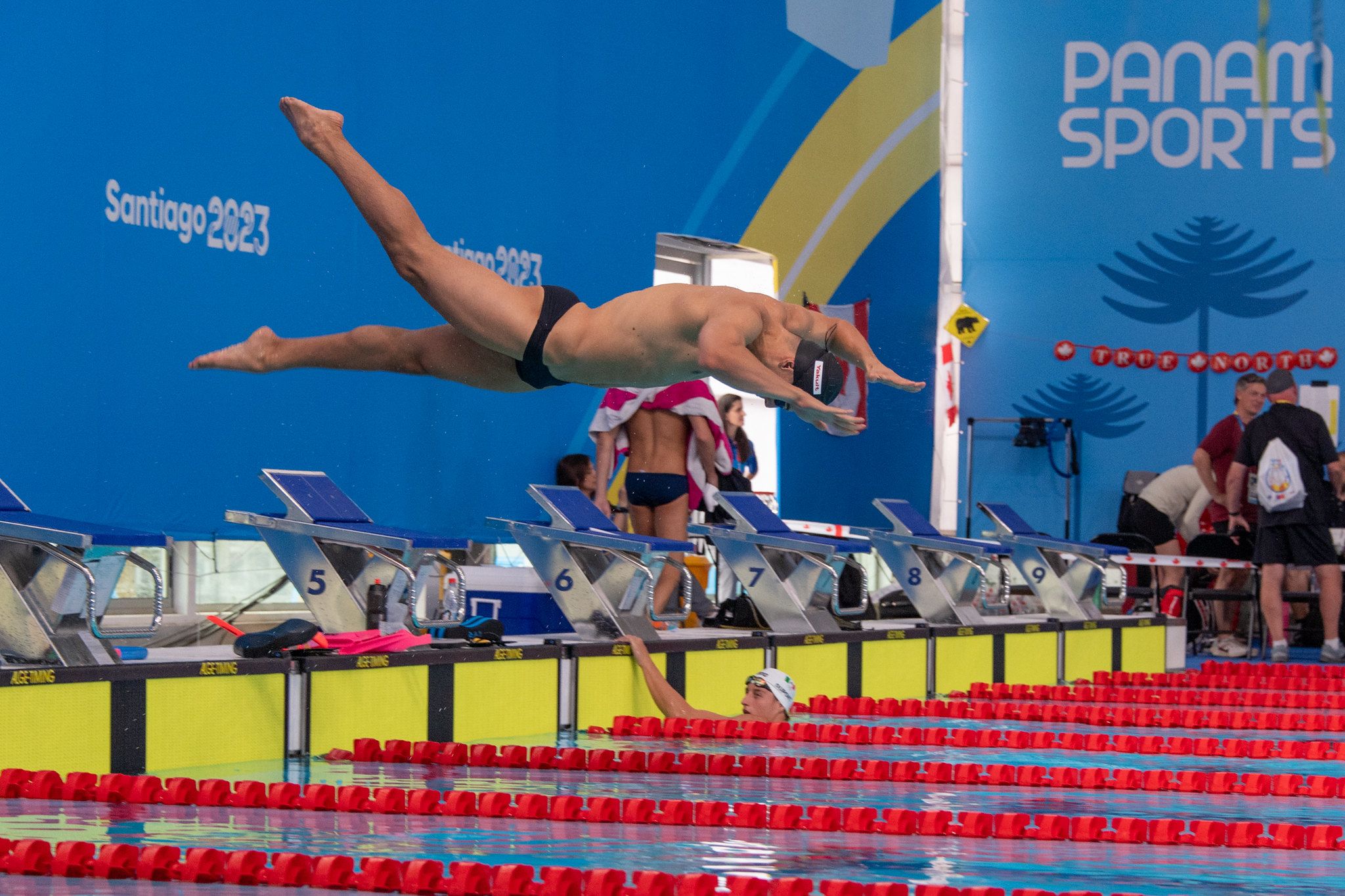
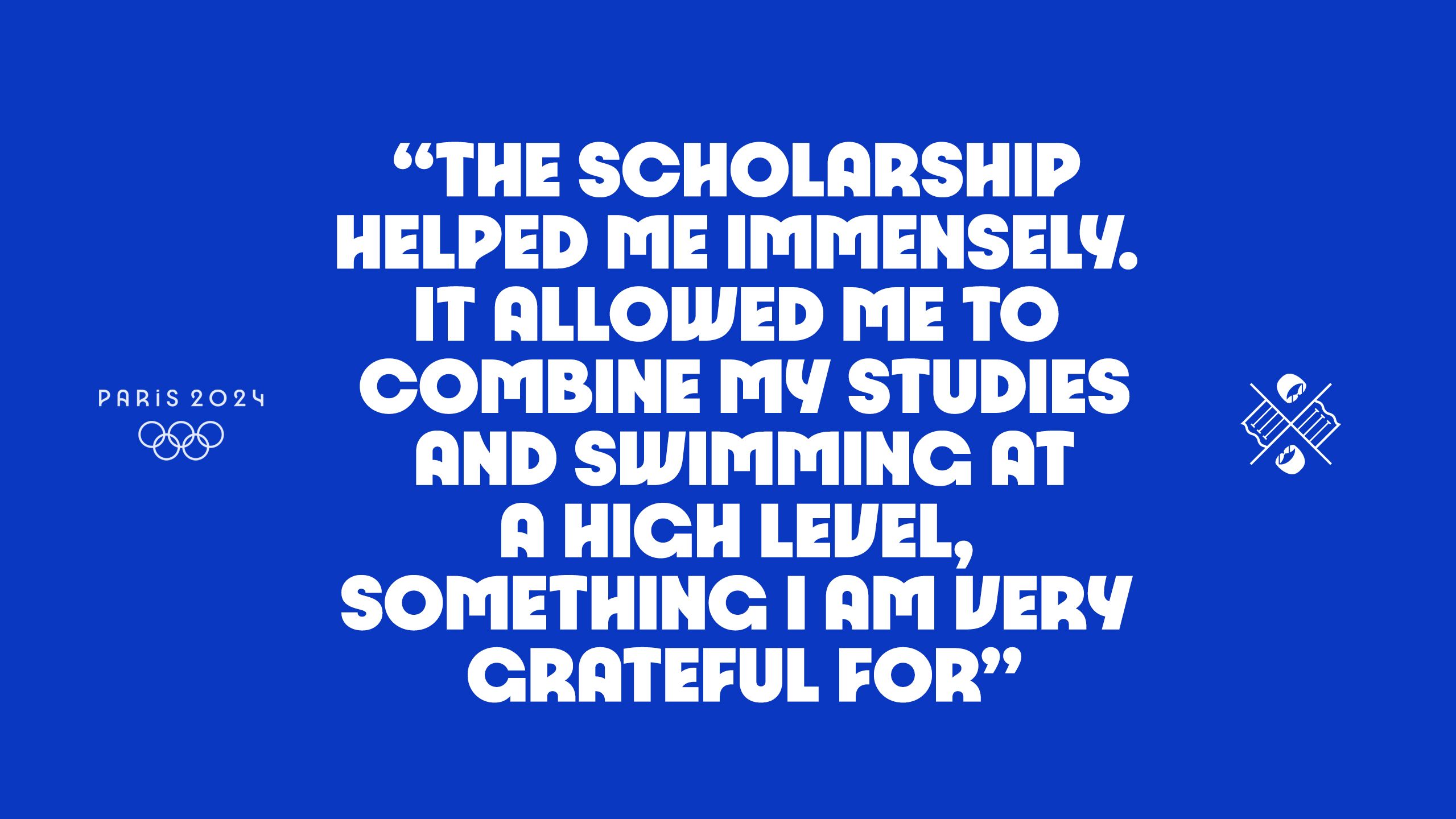

Being the first Aruban to achieve a qualifying time at this level is a highly significant achievement. "I believe this is a big step for swimming in Aruba. When I was younger, I didn't think someone from a small island in the Caribbean could achieve this 'qualifying time,' but now I believe it sets a new standard for the next generation." Although he doesn't come from a family full of competitive swimmers, his mother's high-level participation and his parents' constant support have been instrumental for him.
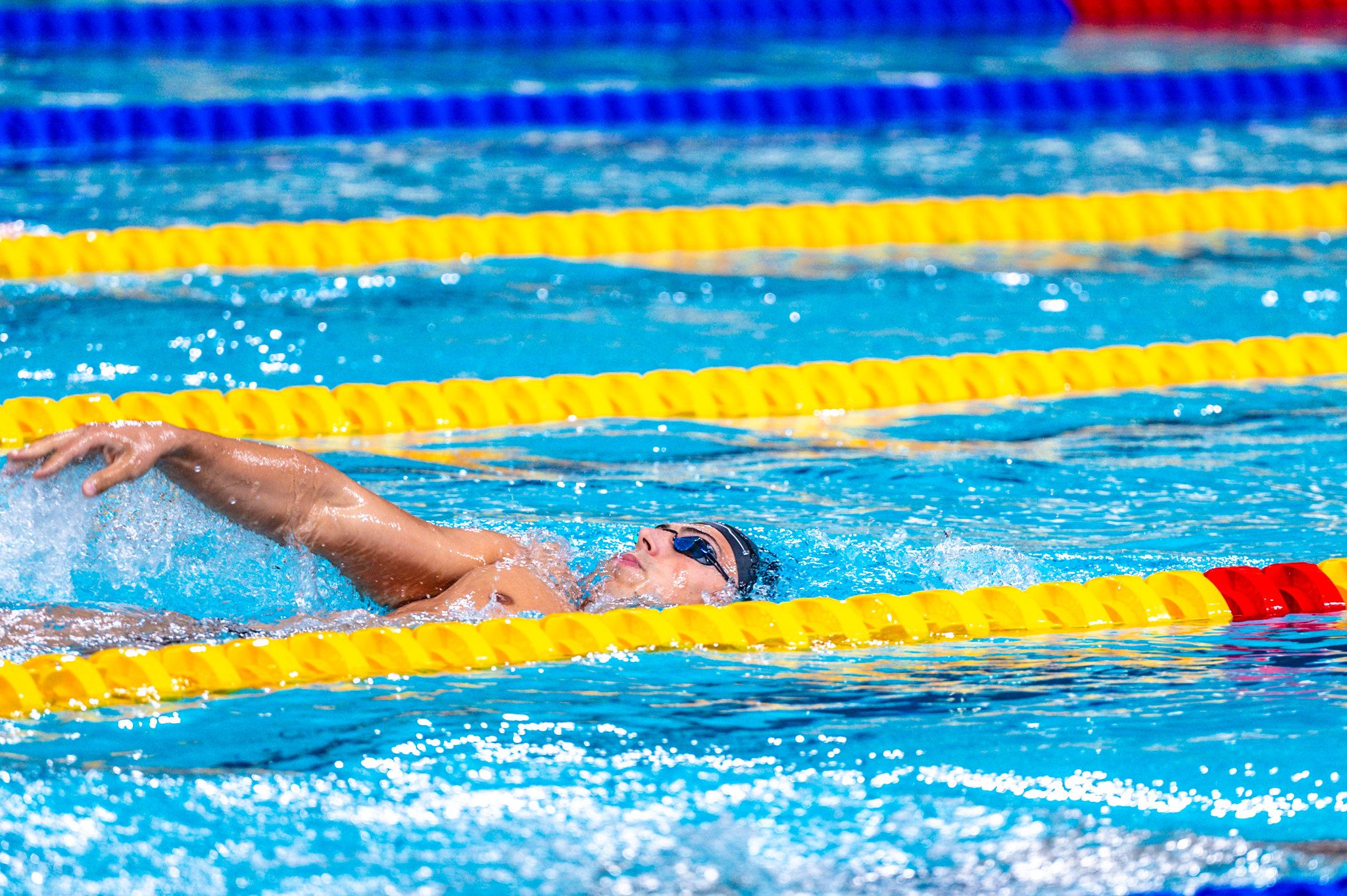
"The support from my parents has pushed me in my career, and I believe this has helped me from a young age." Reflecting on his previous Olympic experiences, Mikel shares memorable moments and the joy of representing Aruba on a global stage. "My best moment at the Rio Olympics was with Ally Ponson after we finished our events and went exploring, spending more than an hour at McDonald's for free." A truly special achievement for Mikel was earning a scholarship to study in the U.S.
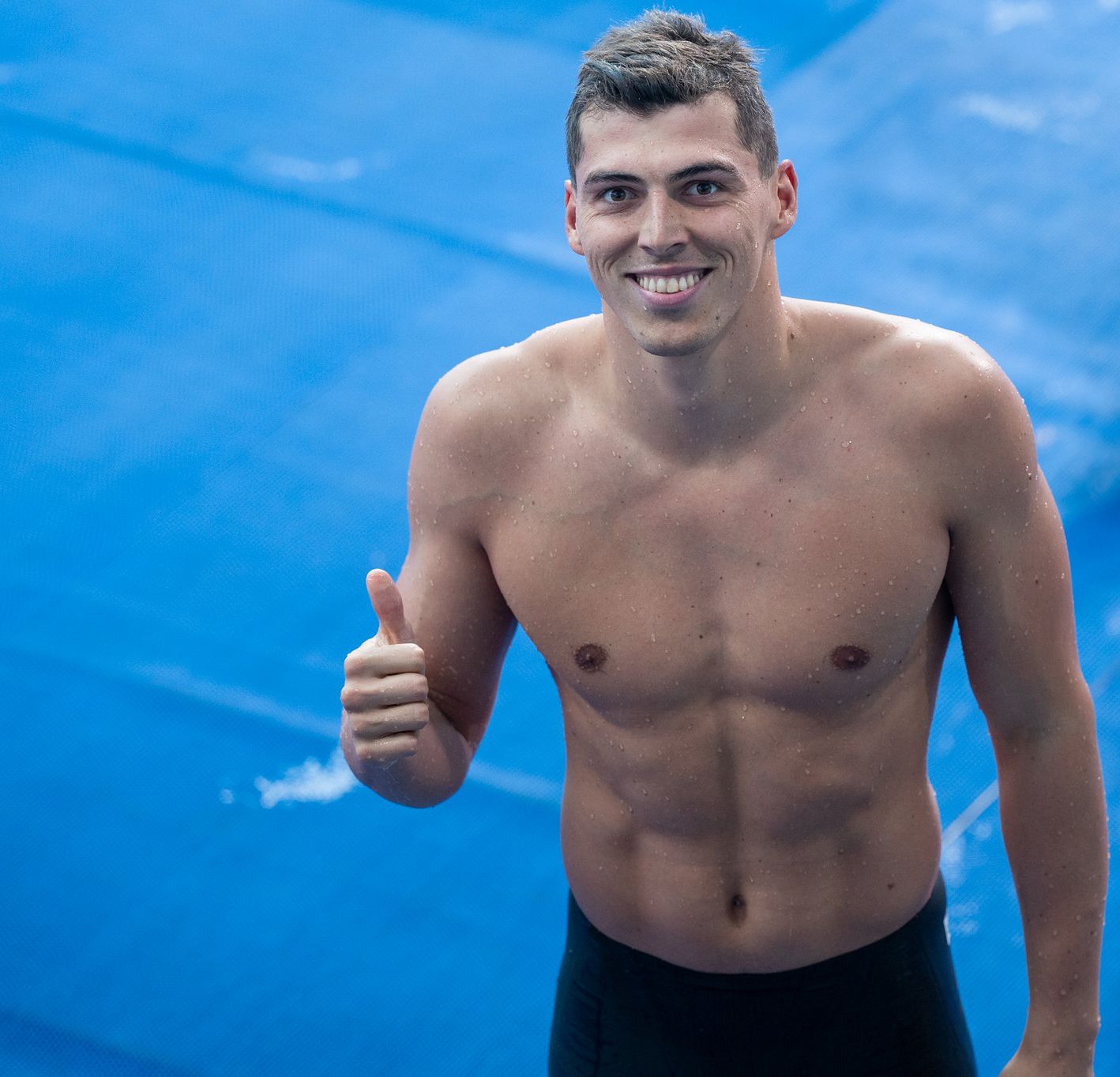

Mikel's training regimen is intense, clearly reflecting his dedication to achieving his goals. "My typical day involves swimming from 8 am to 10 am, then training with weights for an hour, and then we go back and swim from 5 pm to 7 pm. I think my routine has changed compared to the time I was in the U.S. because now I'm not in school, and my swimming schedule can adapt better." However, alongside training, the financial burden is equally important. "I think it's the biggest sacrifice I have made and one that perhaps all athletes must make. With sports, making money is very scarce, so it's a sacrifice because you have to set aside your career and goals for a while." Even so, Mikel has managed to create a balance between his personal life and swimming. "For me, I'm happy with my life and the balance with swimming. I have found what I enjoy doing outside of swimming, but combining work with swimming is almost impossible because our time is very limited."
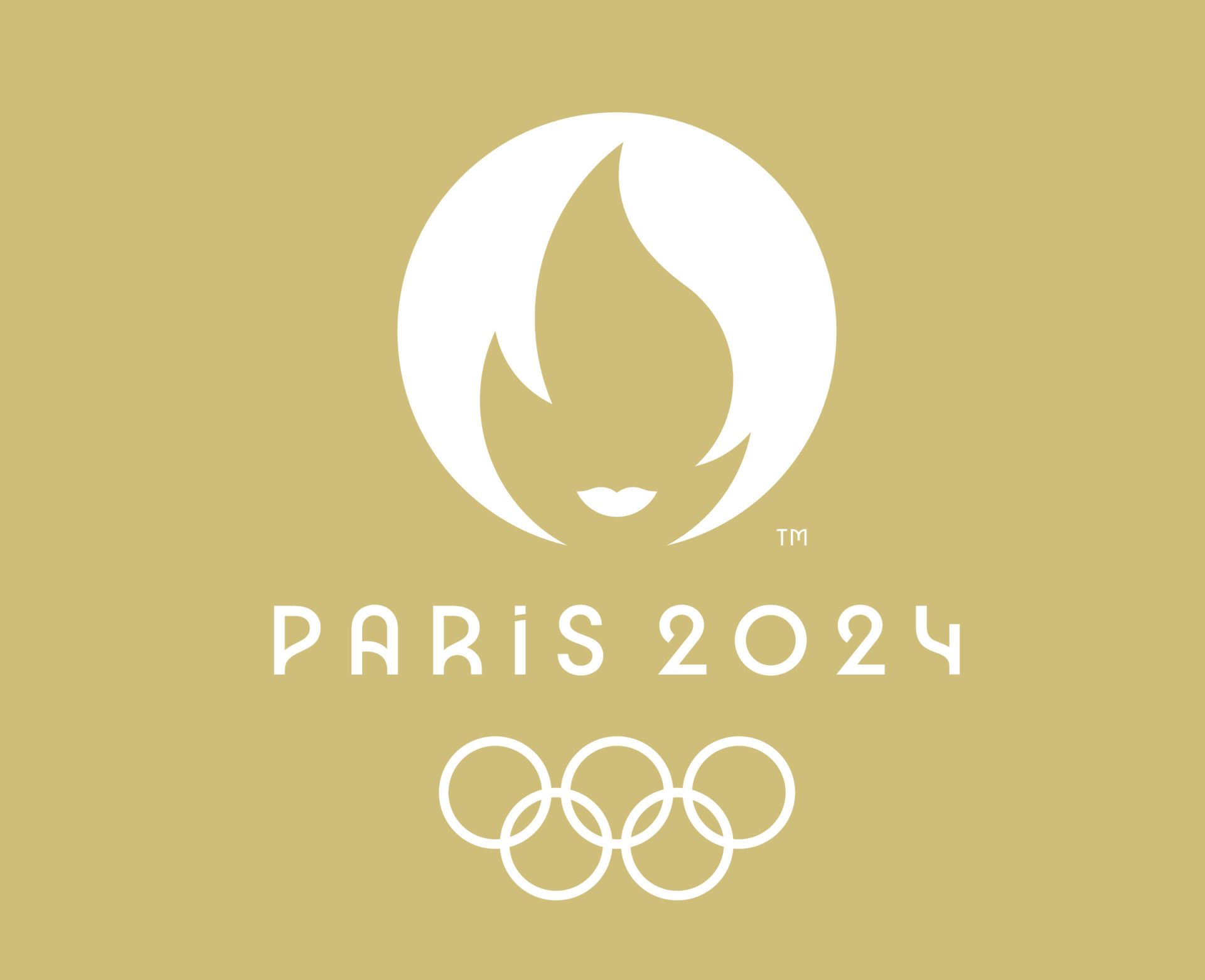
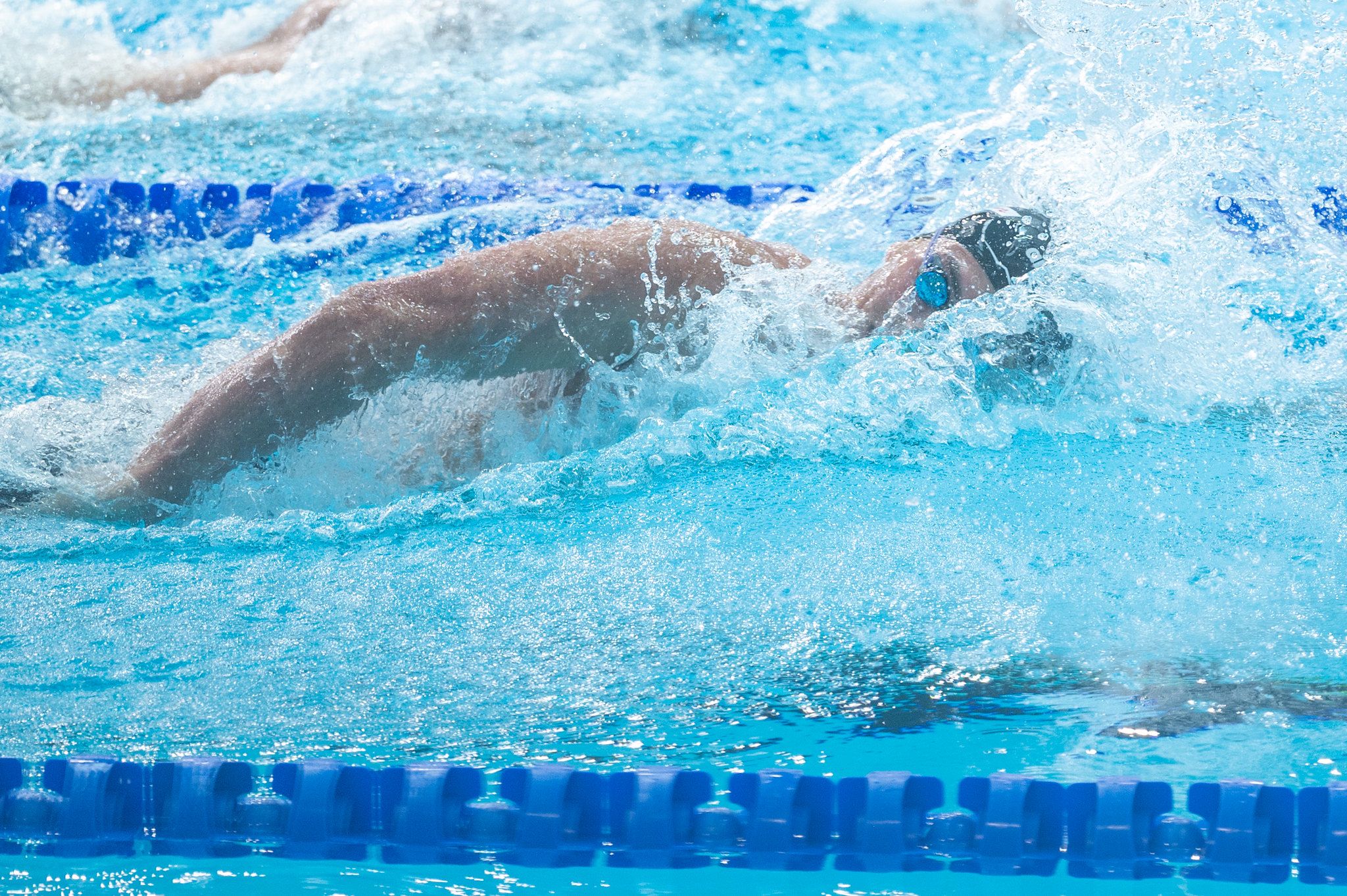
“I remember that from 2018 to 2021 in the 100 free, I dropped my time by 0.07 seconds and after my first season with my new team in Paris, Cercle des Nageurs de Marseille, I dropped to 0.6 seconds in less than a year."
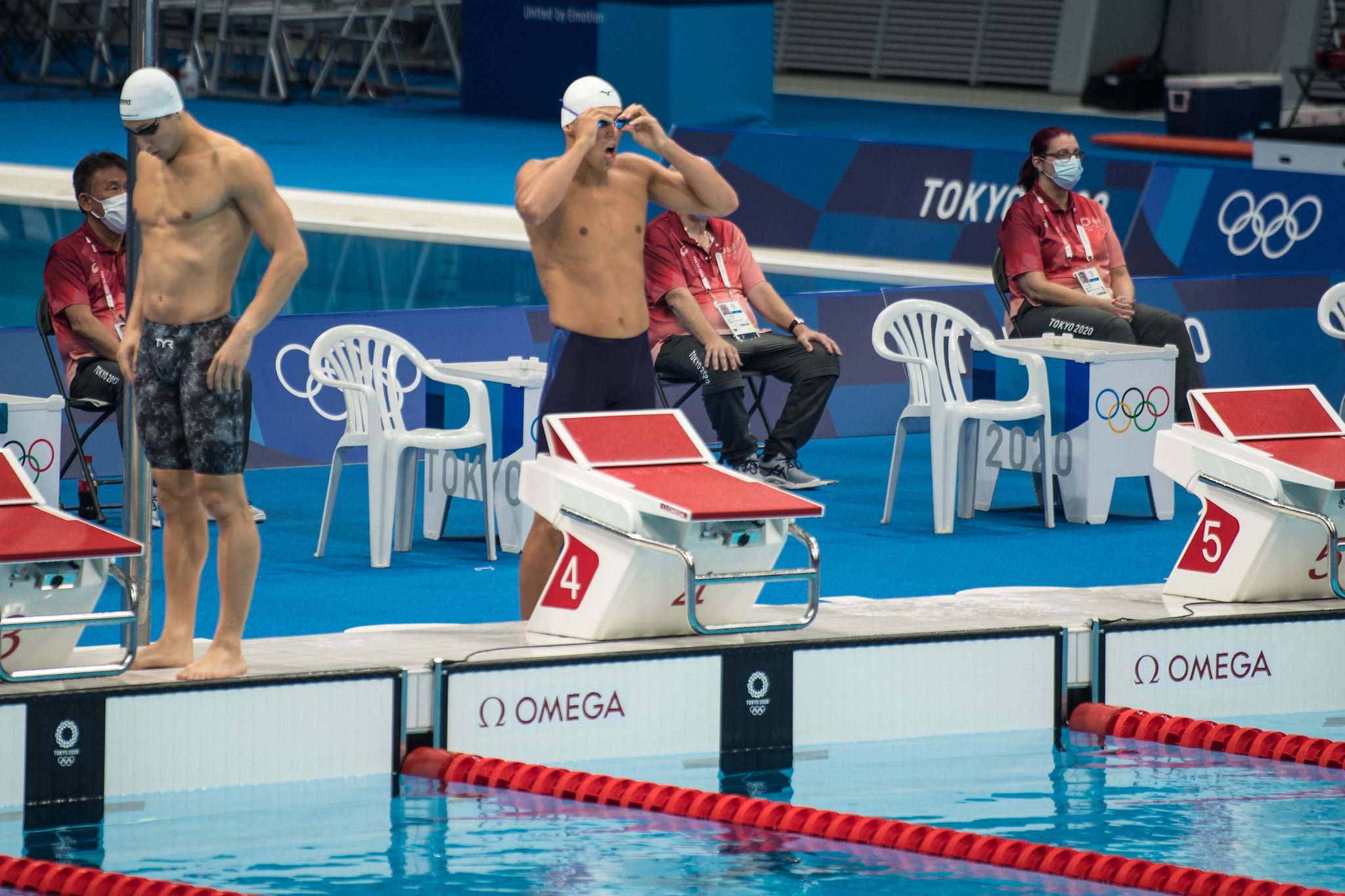
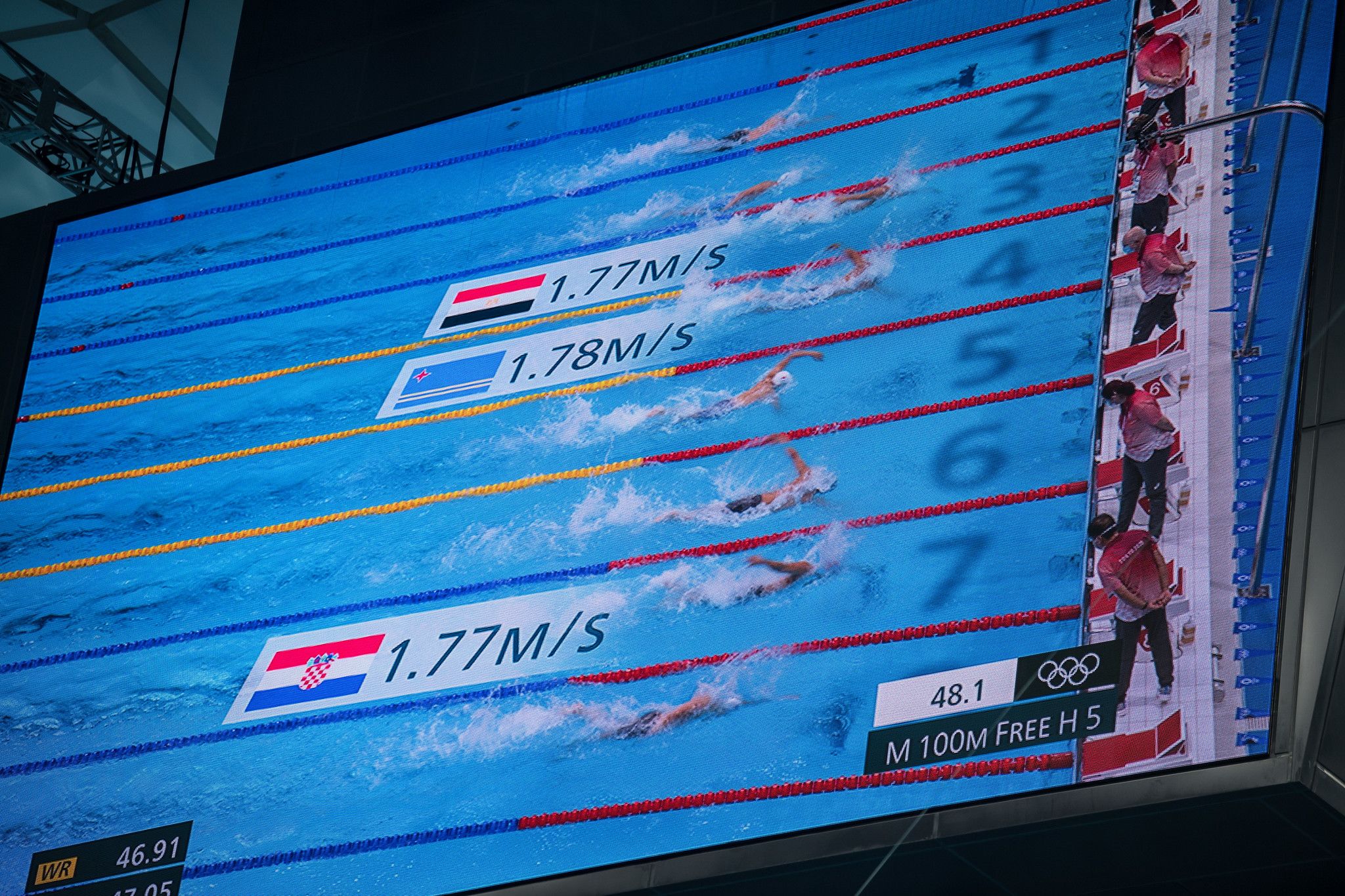
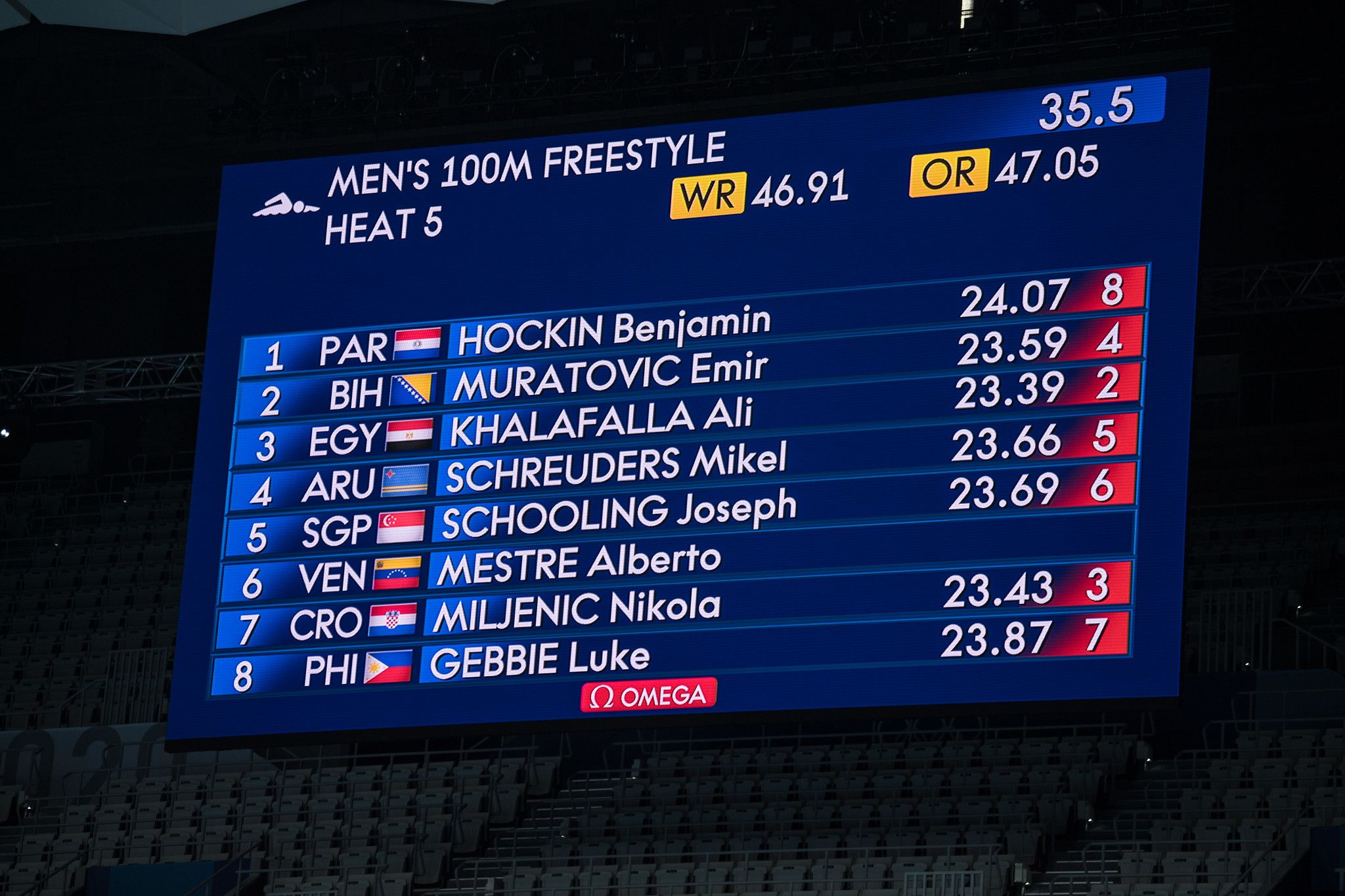
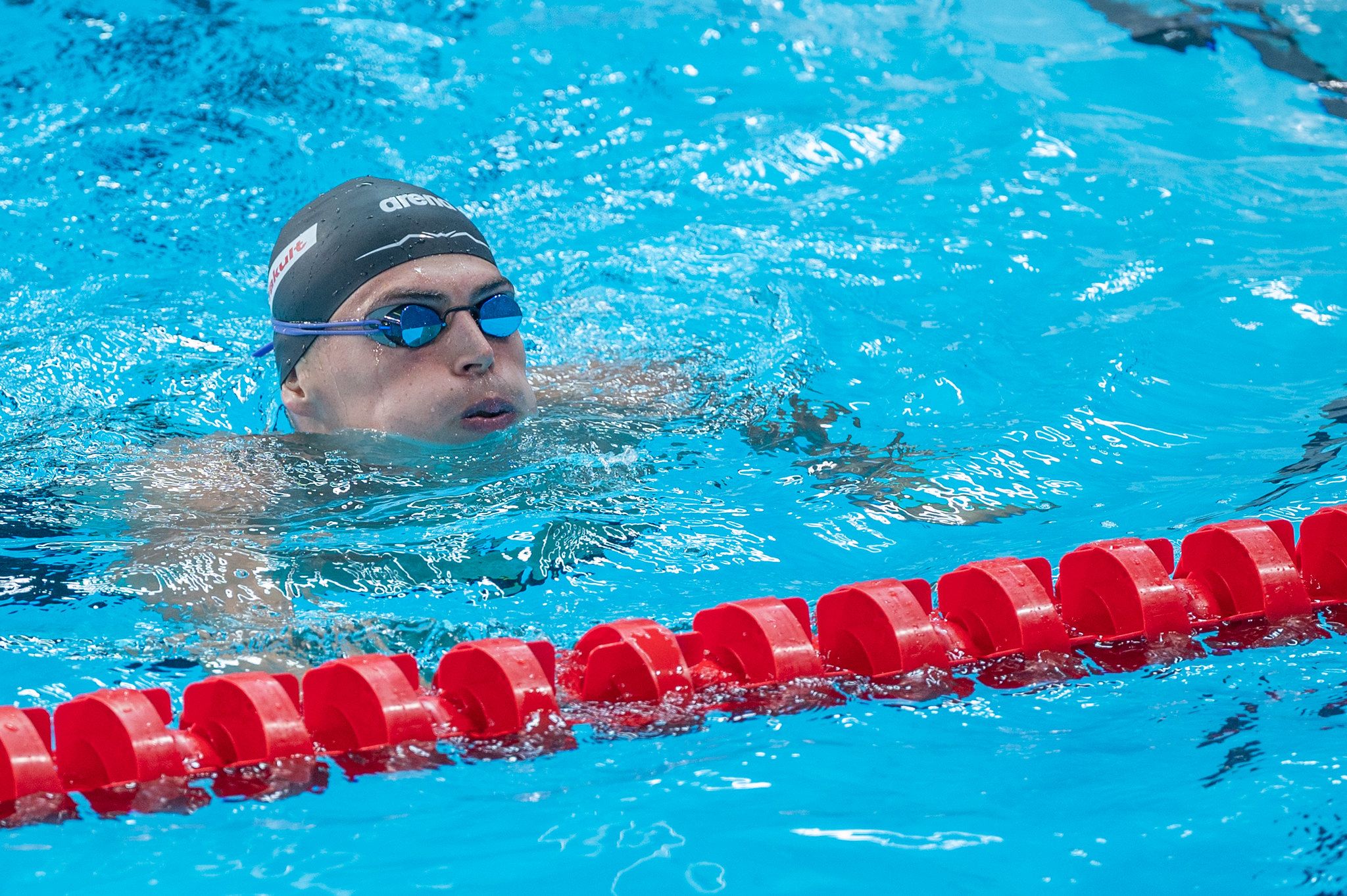
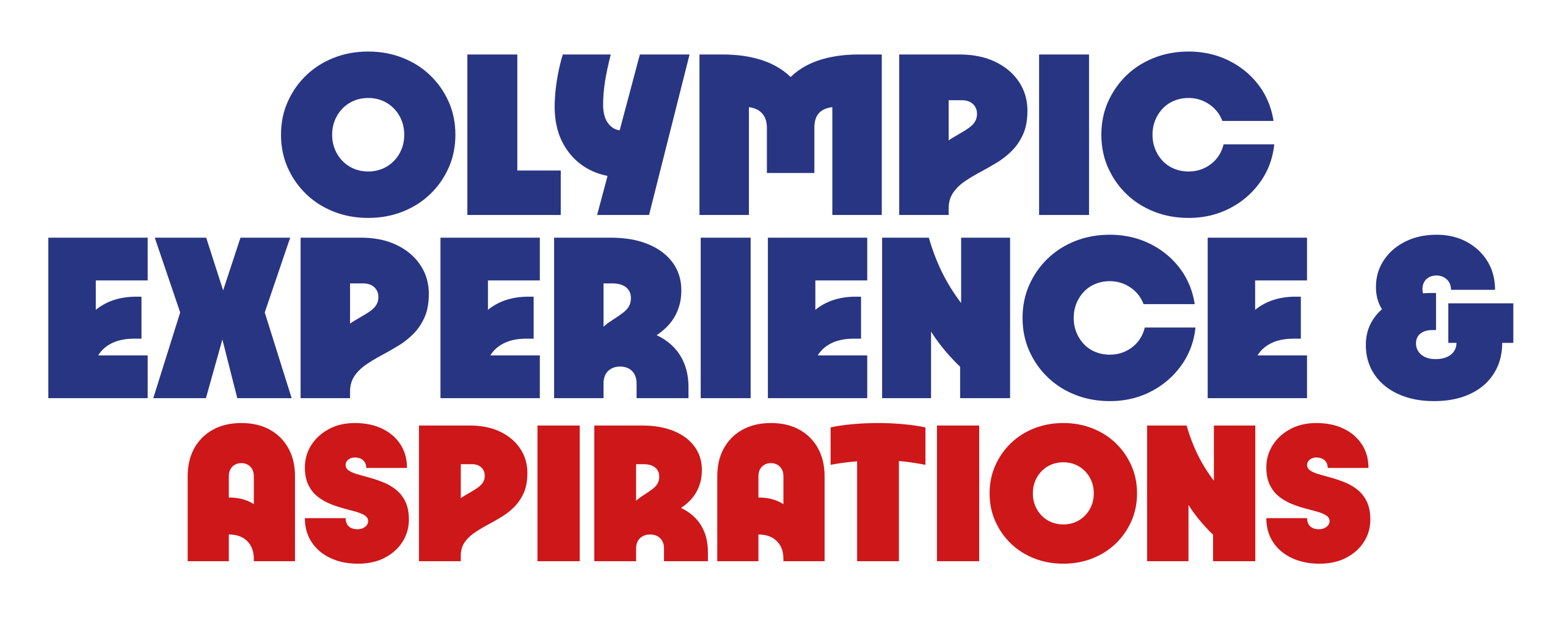
With experience from two Olympics, Mikel is more prepared and concentrated for the upcoming Games in Paris. His specific and ambitious goals for the competition are clear.
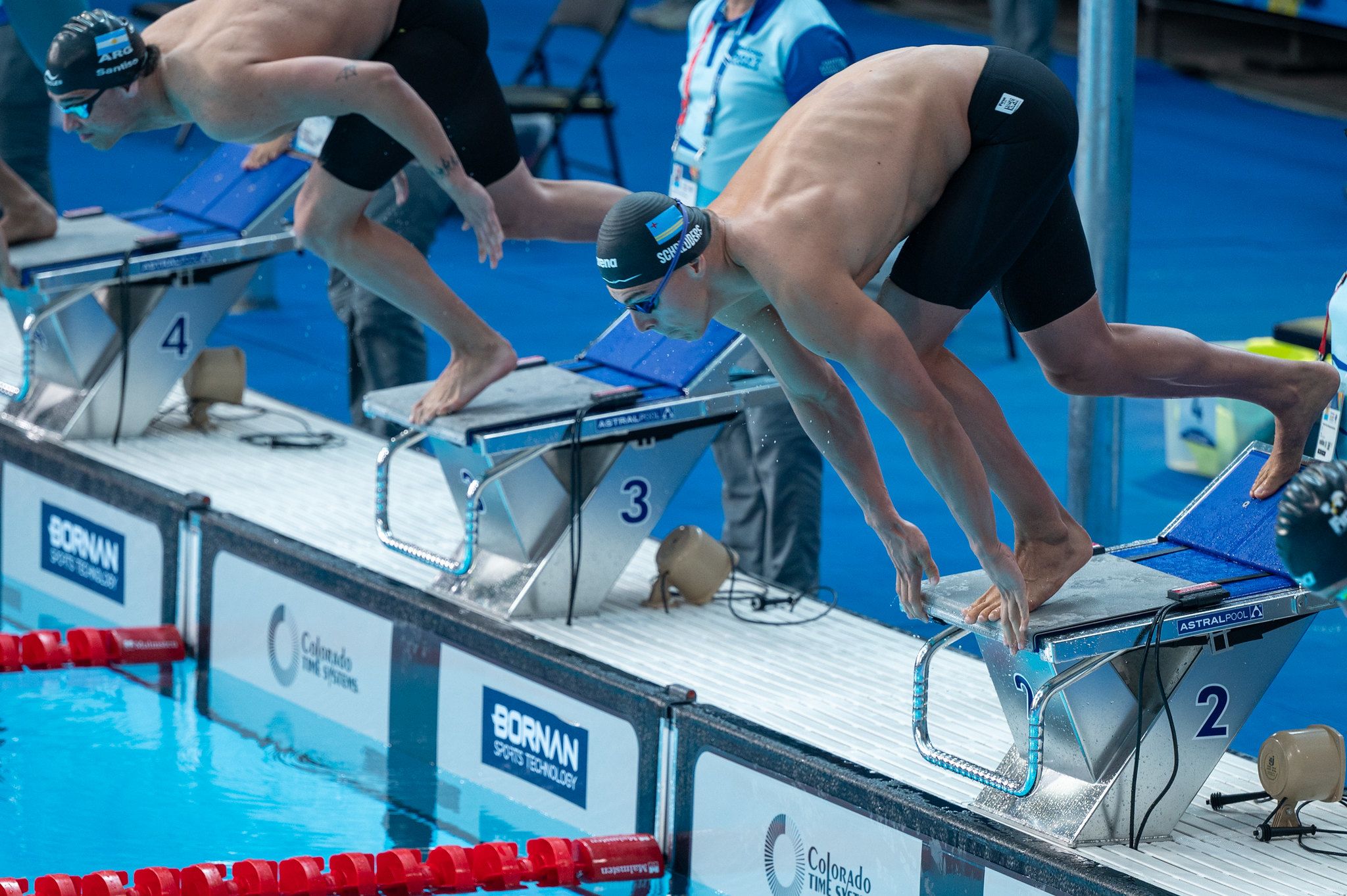
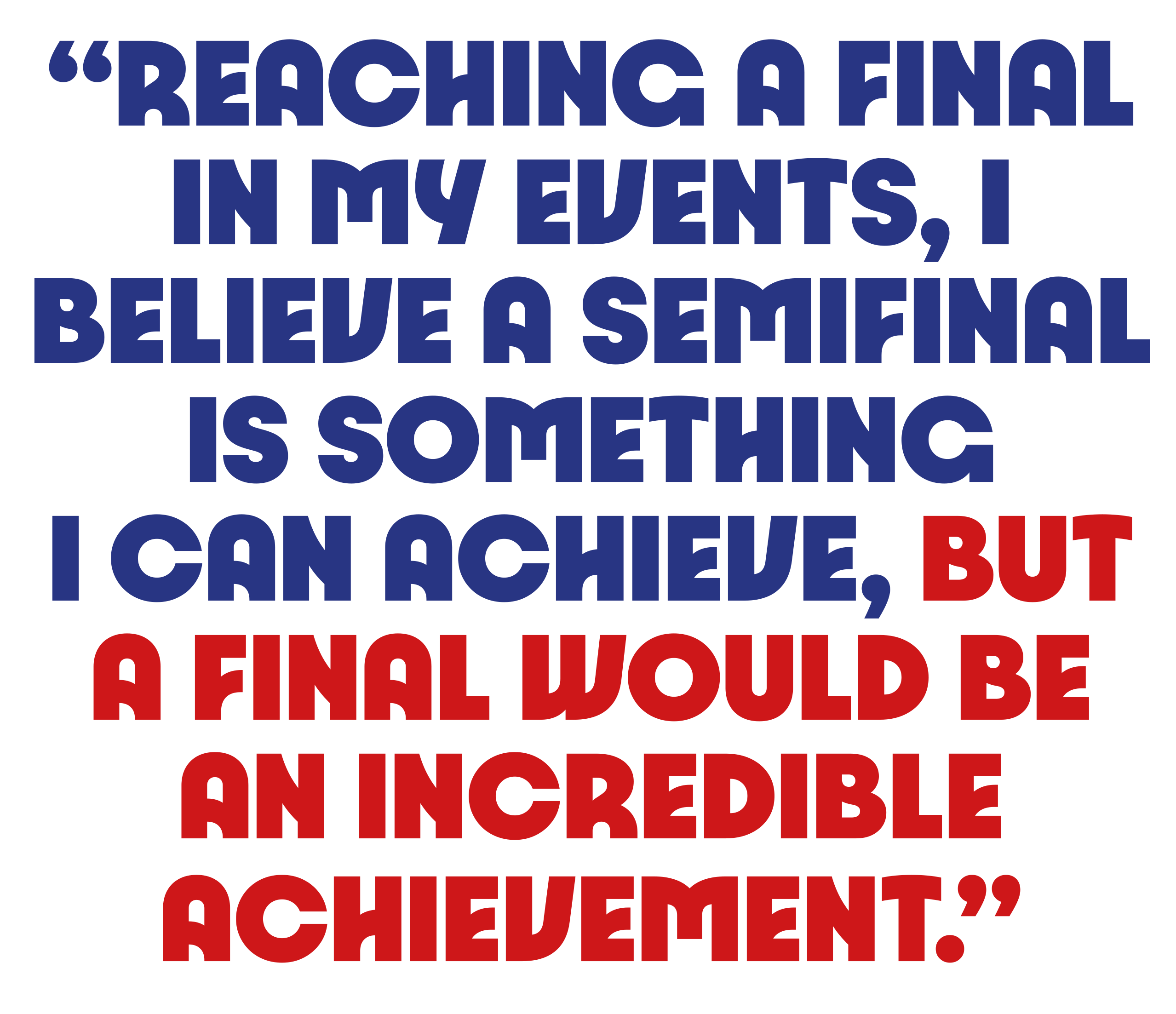
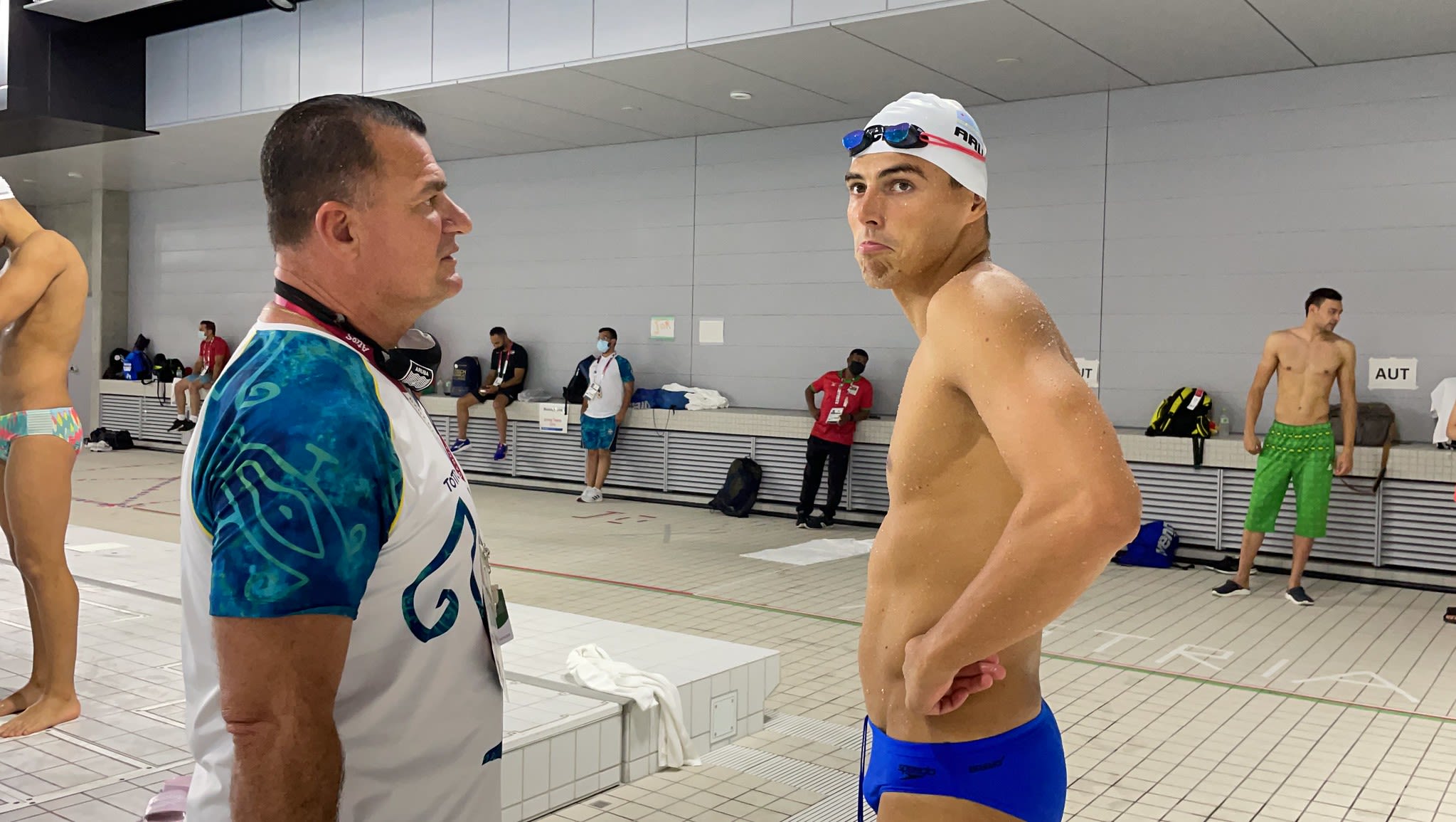
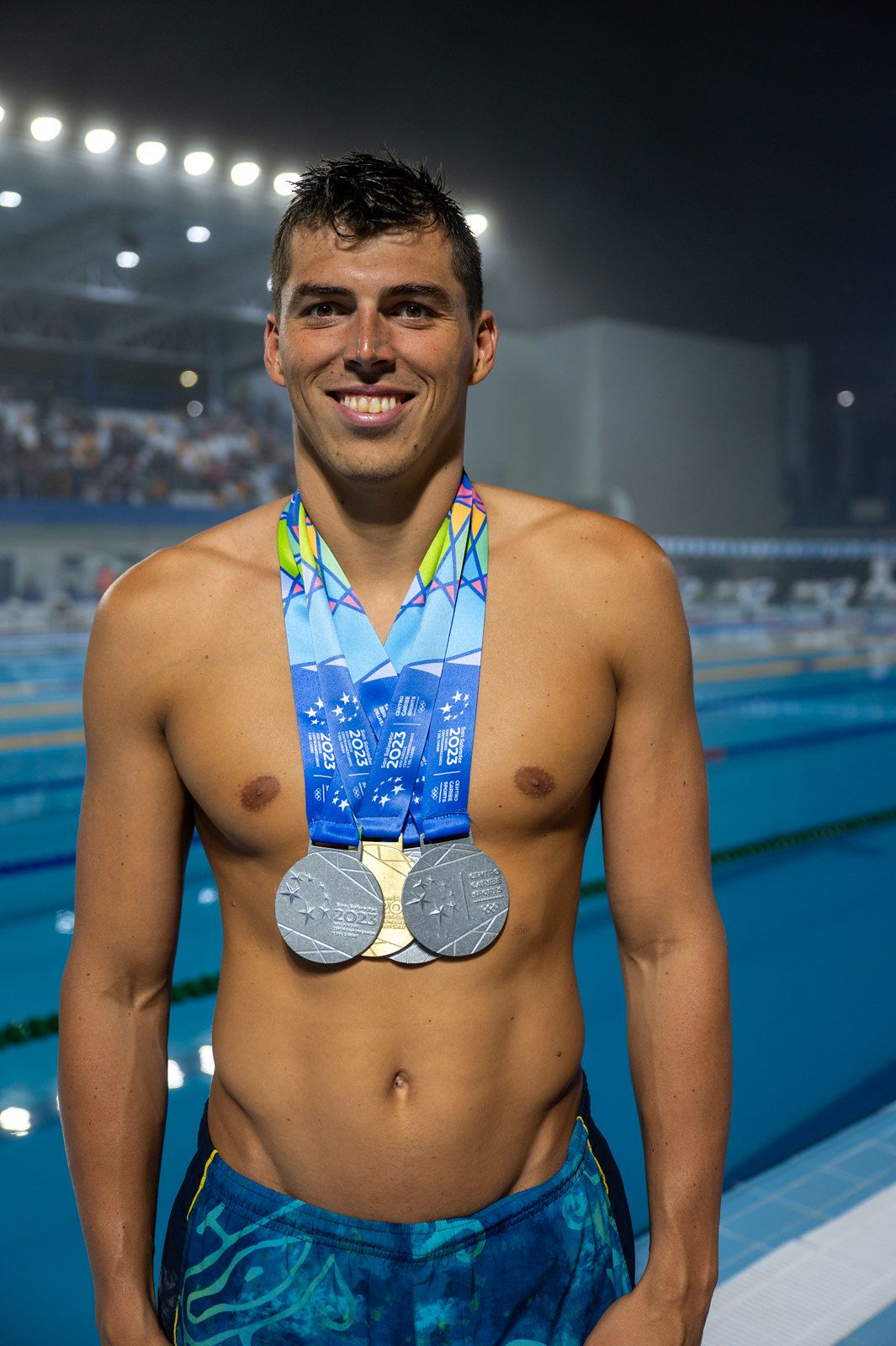
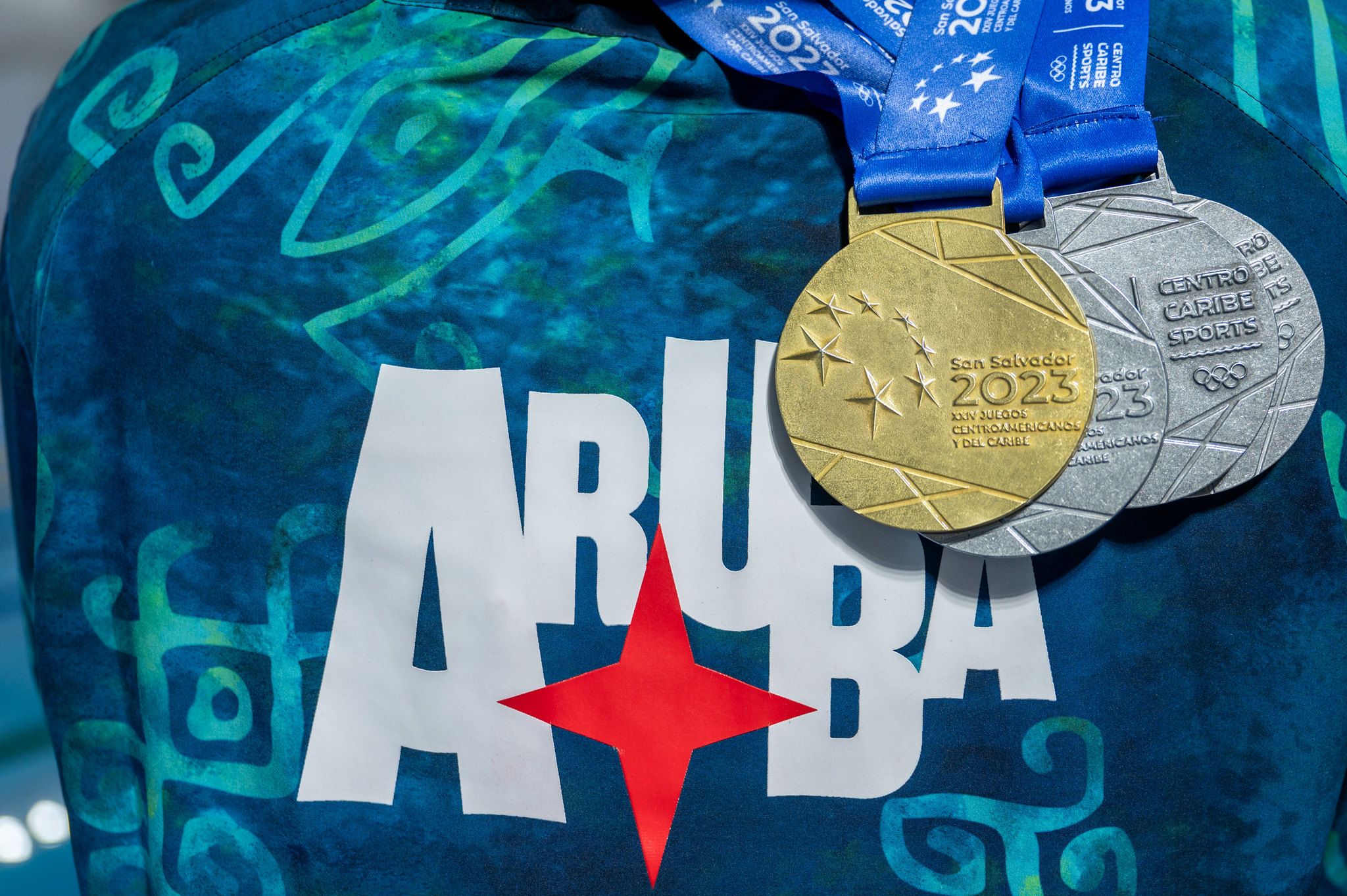
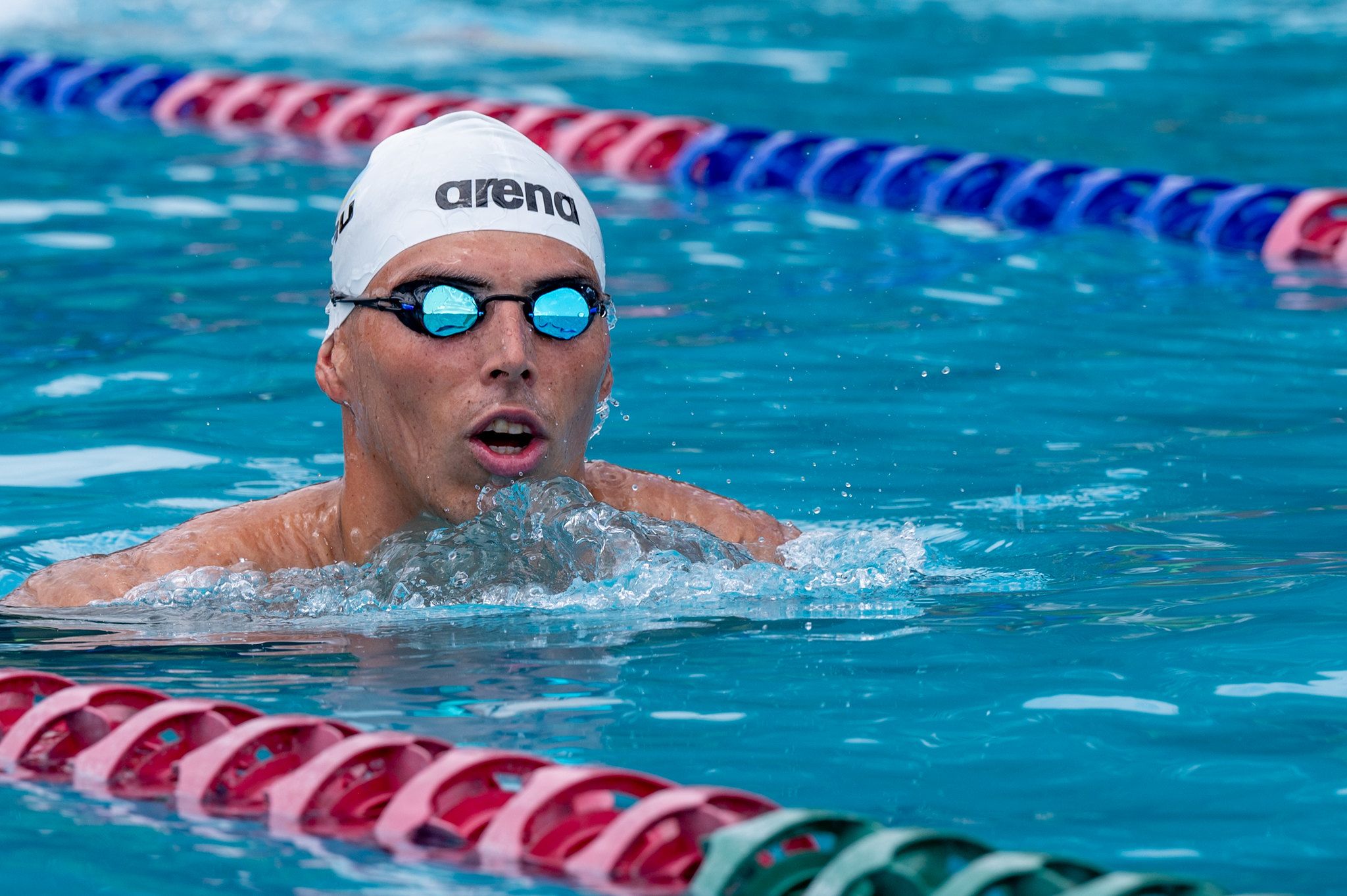
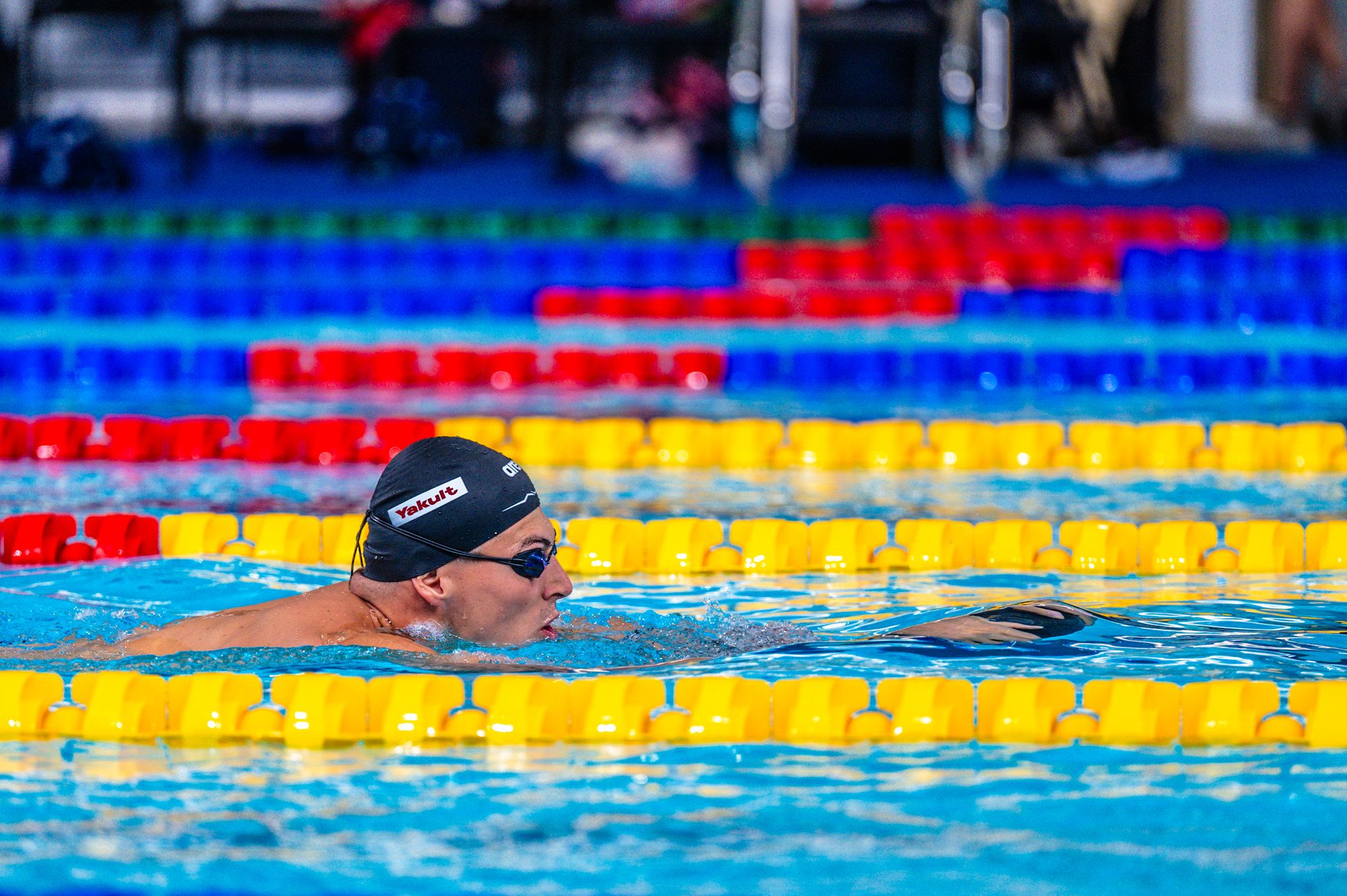
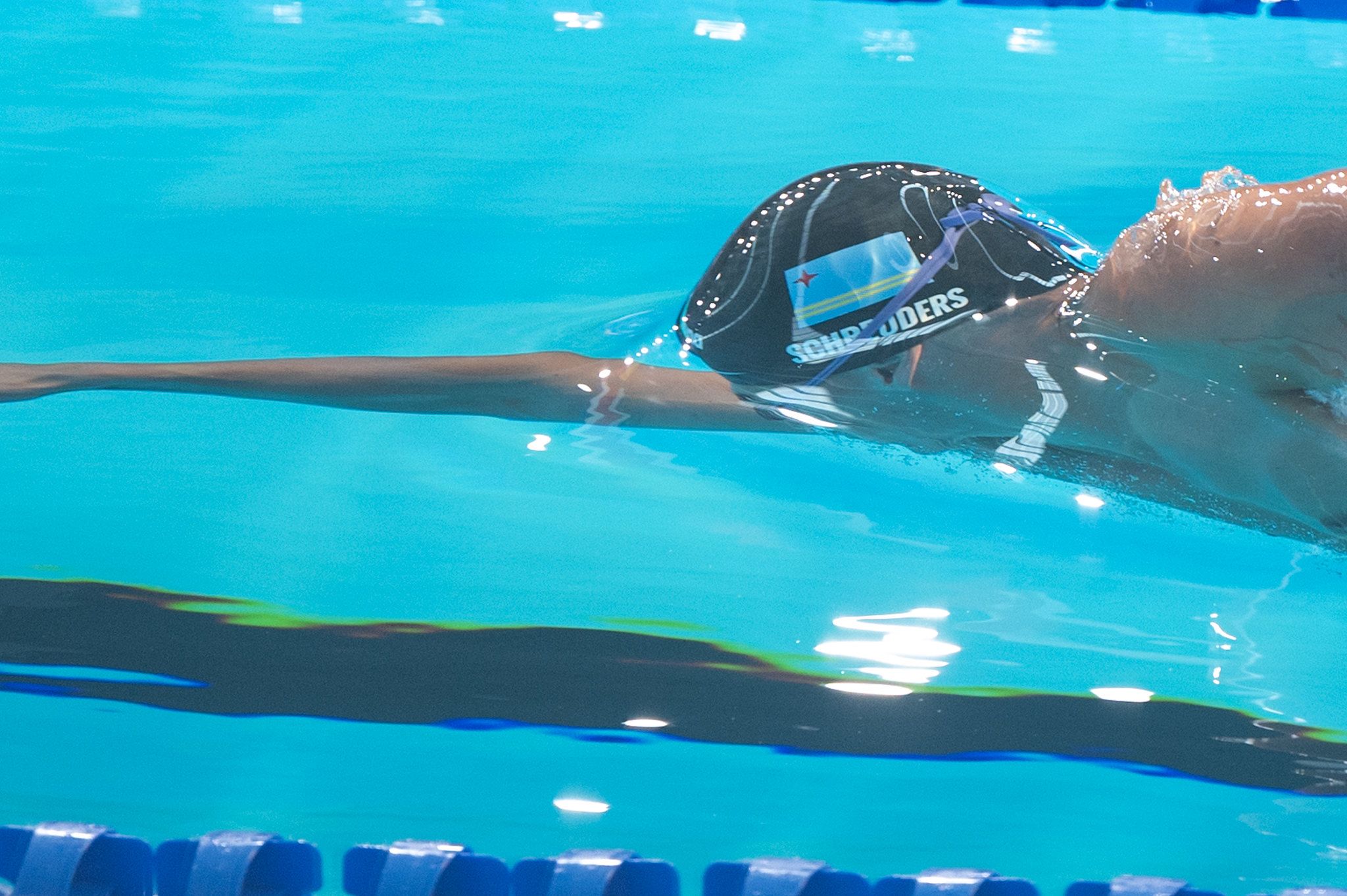

Representing Aruba on the global stage fills Mikel with both pride and a sense of responsibility. "I am happy to represent Aruba on this grand stage because it shows that we come from a small island but we can achieve great things. I am proud to carry the legacy of swimming in the Olympics, but I hope to leave an even bigger legacy by winning a medal for Aruba."
"I have a great support system around me. I have COA to thank for helping me in many ways because without them, I could not survive and have the opportunity to represent Aruba. I also have to be grateful to my family for helping me from a young age and getting me to university and especially for their financial support. Lastly, I must thank my partner because she is my biggest support while I live here in France."
Looking beyond the Olympics, Mikel aspires to continue developing and involving himself in the sport, perhaps even competing in future Games.
"My long-term goals are not yet defined, but I think LA 2028 is a possibility. I am always happy to give advice and help young swimmers in Aruba and anyone I can."
Advice for young people: "Remember to enjoy and keep working hard. Sacrifice is necessary when you want to reach the highest level."
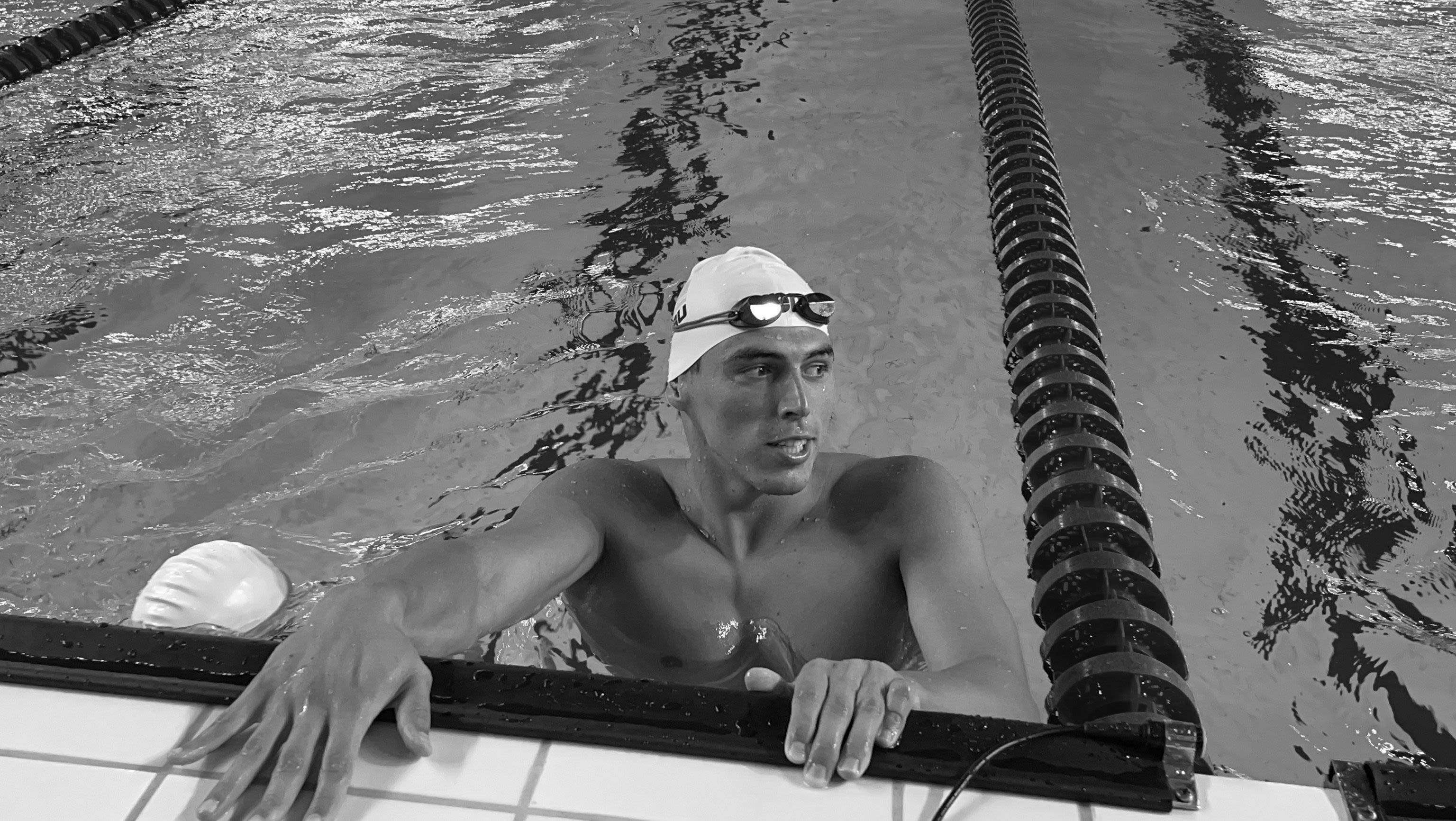
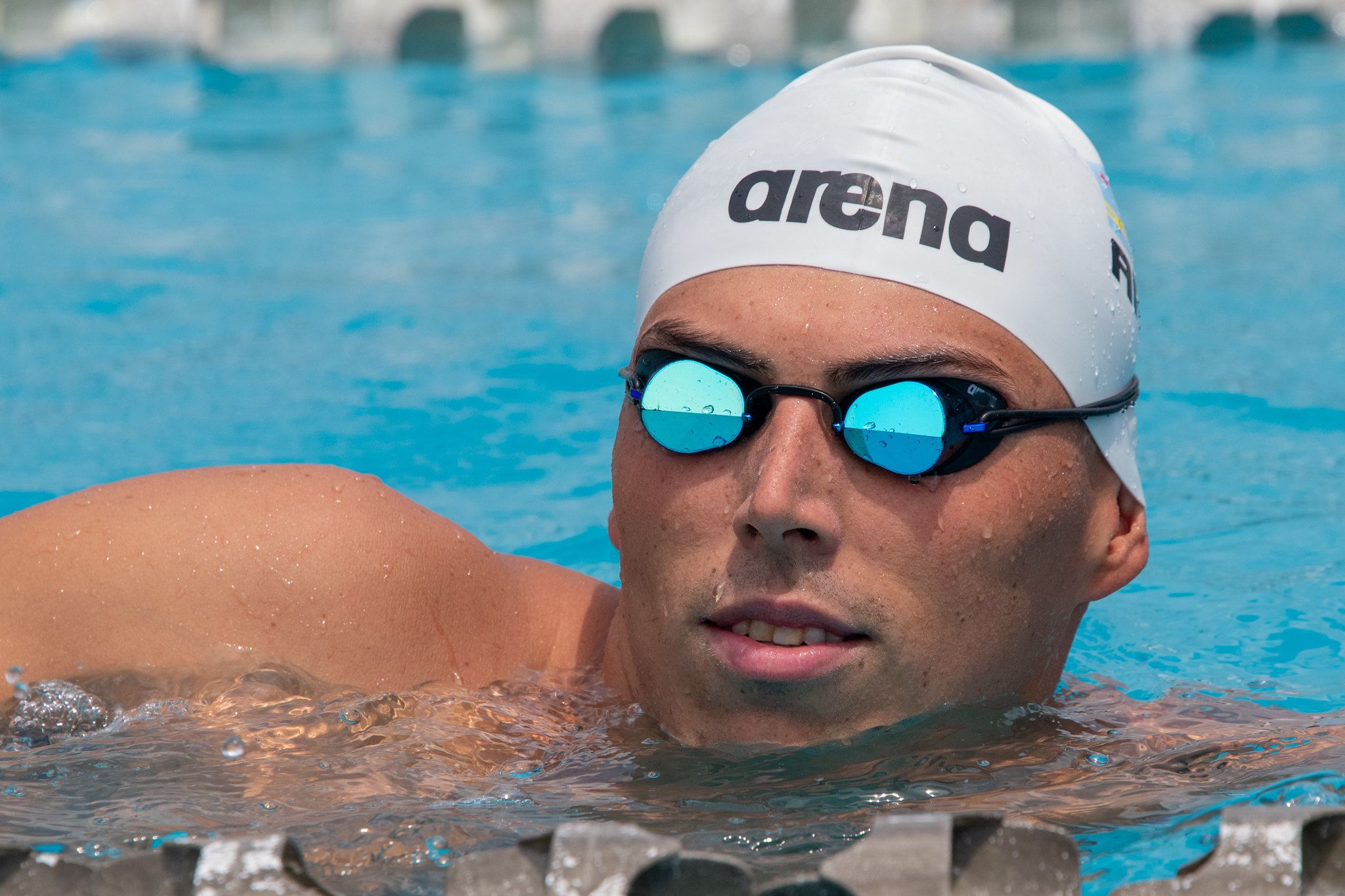

If you could choose a superpower to boost your swimming speed, what would it be?
"Super Stamina; I feel like that would help me especially at the end."
A unique ritual before a competition?
"One time in college I had a really dry mouth and my cheeks were burning from dryness, so I scooped up some water and put it in my mouth and now I do it all the time before my race."
If you could experiment with another Olympic sport just for fun, which one would it be?
"Beach volleyball, because it's an amazing sport and we have a lot of beaches in Aruba."
If your swimming style were an animal, which one would it be and why?
"A dolphin since they are fast."
Do you carry a lucky charm during competitions?
"I always have a purple goggle strap that I race with."
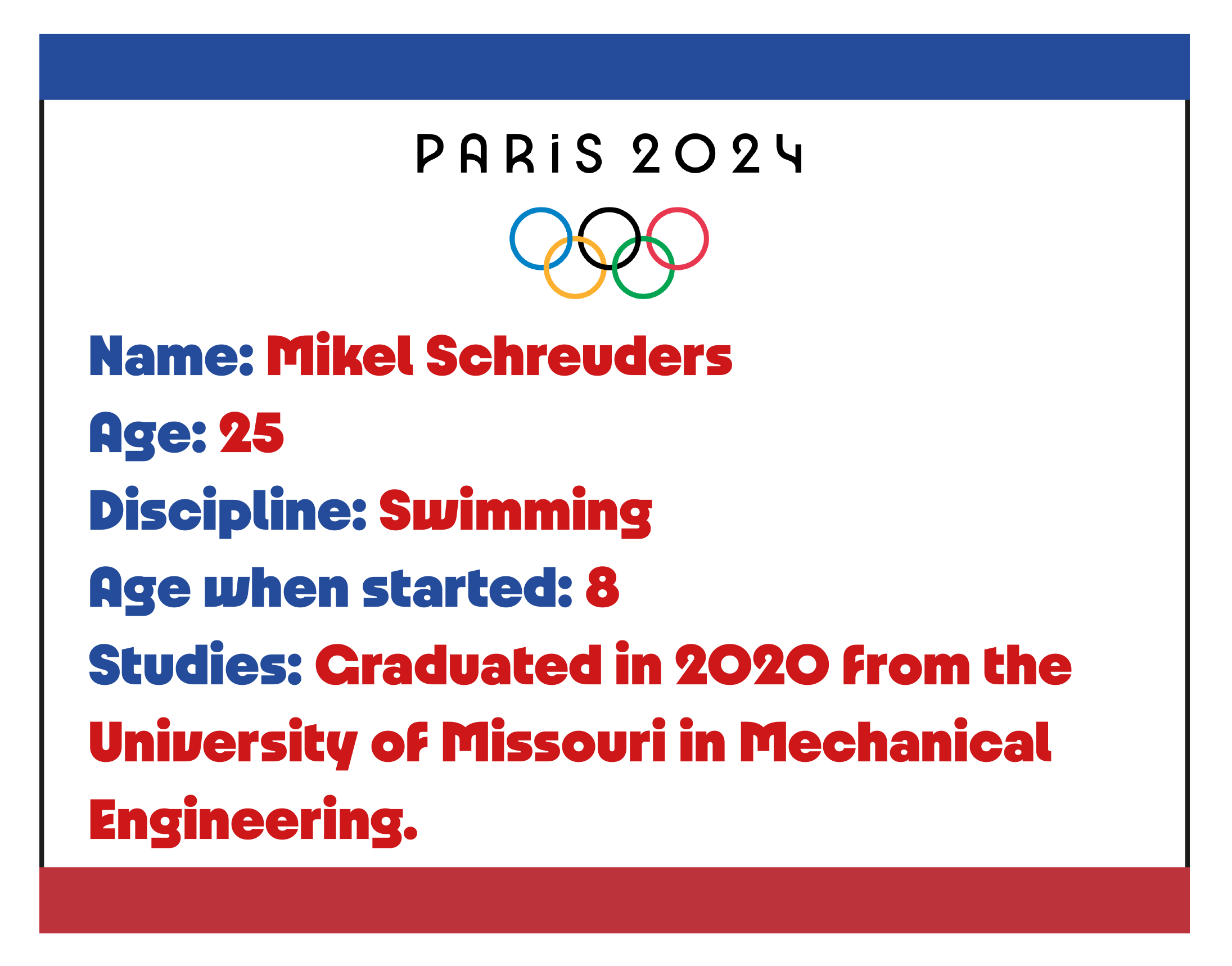

The Comite Olimpico Arubano (COA) is Aruba's national sports organization and a member of the International Olympic Committee (IOC). Founded on August 21, 1985, following Aruba's attainment of autonomous status within the Dutch Kingdom, the COA became the National Olympic Committee (NOC) for Aruba. It separated from the Netherlands Antilles Olympic Committee (NAOC) with 14 founding sports federations, including baseball, athletics, and basketball. Recognized by the IOC since 1986, the COA's mission is to develop and protect the Olympic Movement in Aruba. The first time Aruban athletes competed in the Olympics was at the Seoul Games in 1988. COA operated from the Guillermo Prospero Trinidad Stadium in Oranjestad starting in 1994 and moved to a new headquarters at Vondellaan 27 in 2019. The new facility was inaugurated on March 11, 2023, after a complete renovation. The COA is affiliated with several international sports organizations, including ANOC, PANAM Sports, ODESUR, ODECABE, and CANOC.

